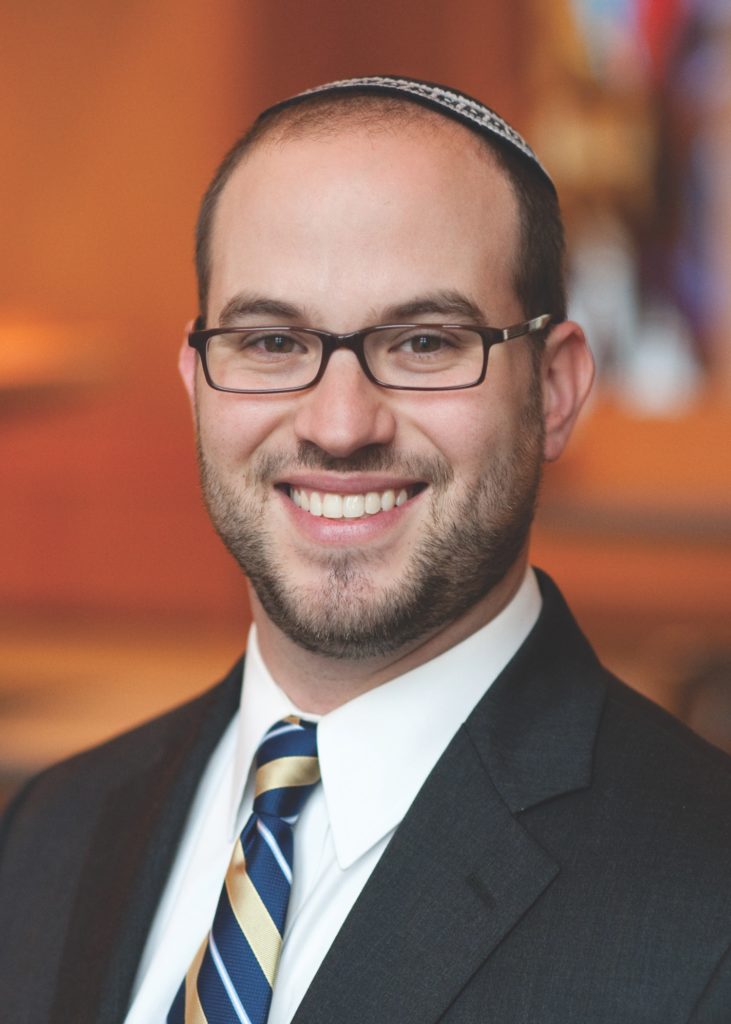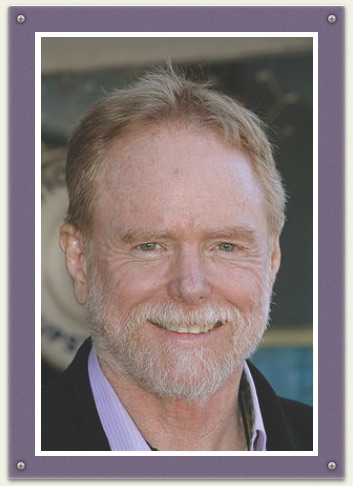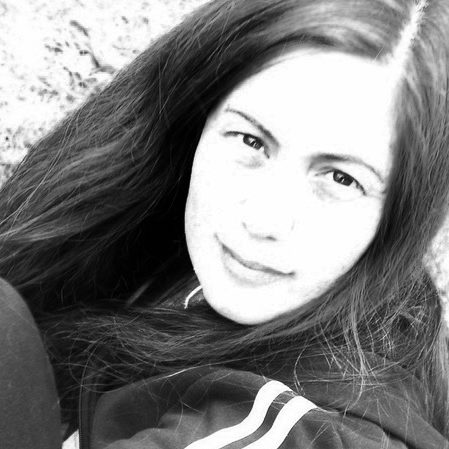 Photo from Pixabay.
Photo from Pixabay. Rabbi Ari Lucas, Temple Beth Am

In the wake of the Harvey Weinstein revelations that the Hollywood mogul had serially abused women sexually, and repeatedly created situations where women saw themselves as having to choose between submitting to his unwanted advances or give up any hopes of a career in Hollywood; in the wake of all the publicity his actions were getting, many women have taken to social media and posted: “MeToo”. And the floodgates opened.
In Parshat Noah, God opens the floodgates of the heavens in response to the corruption He witnesses on Earth. The text tells us vatimalei ha-aretz hamas – the land was filled with hamas. We’re not certain what the word hamas means in the Bible. In other contexts, it appears to mean corruption or injustice. Ibn Ezra, a medieval commentator on the Bible claims that hamas refers to stealing and “taking women by force.” According to his interpretation, some kind of sexual violence leads God to regret at having created the world such that God chooses to start over with one family.
The way we speak and behave are reflections of the choices we make. The earth may continue to be filled with hamas – way too many stories of sexual violence. But God has promised never again to purify the land with floodwaters, so the responsibility falls to us – the rainbow after the storm – to do the work of pursuing justice and uprooting evil from our land. Let’s continue that work together.
Rabbi Mordecai Finley, Ohr HaTorah

This week’s Torah portion, Noah, has a verse that has become a foundation for the spiritual and mystical approach to prayer. In Genesis 6:16, we find God saying to Noah, “Make a tzohar (light) for the teivah(ark).” The Hebrew word “tzohar” has two basic interpretations in the Talmud: “radiant gemstone” and “skylight”, but they both mean “a source of light.”
Jewish commentators have creatively mistranslated the word “teivah” in Genesis 6:16, that refers to Noah’s “teivah” (ark), as “word”, so that we can read this verse “put a light in the ark” as “make a light for the word.”
The Baal Shem Tov teaches that when one places the radiant light of consciousness into a word of the prayer book (or any sacred text, for that matter) one perceives “worlds, souls and divinity.” The letters, the pronunciation of a word of the prayer book or the Bible, are a vessel that holds an inner depth.
I think that one must first have some experience in a contemplative practice so that one can reach deep within. We have to be able to create that skylight of consciousness to illuminate the hidden chambers of holy words.
And we must take the time to enter into the holy books like a spelunker. It is dark in there, and the journey inward is tough, and maybe boring, but then you detect that the atmosphere has changed. You find yourself in this cavern, thick with souls, words and divinity.
Rabbi Gabriel Botnick, Mishkon Tephilo

Most people forget it’s there, but at the end of Parshat Noach is the story of the Tower of Babel. The Torah states that for many generations after the flood, the people of the world were unified in both language and matters – namely, building a tower to challenge the heavens. God – worried there’d be no end to human achievement if this trajectory continued uninterrupted – decides to confuse the people, “so that no one would understand the language of their fellow” and thus cease being so productive.
However, the Hebrew word for “language” is “Safah”, which can relate to a culture’s unique language or the collection of words a person speaks. And the word for “understand” here is “Shama”, which is more often translated as “listen.” With this in mind, one could translate this line so that it reads “no one would listen to the words of their fellow.” In other words, God knew the best way to keep us from achieving greatness would be by having us not listen to one another.
We often get so caught up in our own narratives that we fail to listen to the narratives of others. As Jews, our tradition teaches us that no one should go to bed hungry, sleep without a roof over their head, or suffer without medical care. However, as humans, we may differ in how we prefer to achieve these goals. Imagine how much more we could achieve if we saw the Tower of Babel not as a punishment, but as an invitation: if we actively listen to one another, nothing can stop us from achieving whatever we desire.
Helena Lipstadt (Guestspeaker), Beth Chayim Chadashim

A rainbow always comes as a surprise. Usually after rain and when the sun comes out. What do you say when you see a rainbow? “Wow,” “it’s unexpected,” “magical,” “beautiful.”
Ten days ago I was in Poland. It rained nearly the whole time I was there. My friends and I were walking around in the drizzle and suddenly we turned around and saw a rainbow in the sky behind us. Wow! The rainbow made us feel happy and hopeful.
This was my sixth trip to Poland in six years. It is the place my family comes from. In the middle of the 20th century, Poland was the site of an enormous flood of anti-Semitism. The Polish Jewish community was almost completely destroyed in this flood, including my grandparents, aunts and uncles and cousins. There was no ark to hold this community.
I never expected to find rainbows in Poland but I did. The rainbow – an ineffable combination of fire and water – is shocking in its possibilities. It is once again a sign of change, of hope, of beauty. A surprise, when it appears. Everything depends on our being able to see it. See it and remember our time of floating together above the flood in one, life-saving ark.
Rabbi David Wolpe, Sinai Temple

I’m going to talk about Harvey Weinstein.
We read this morning the story of Noah, which by the way, if you read the verse carefully, is in part about sexual immorality. But we don’t know the name of Noah’s wife. It isn’t until Abraham comes along that [Sarah], the female partner is named. Just as the female partner is named in the original intention of creation with Adam and Eve and then somehow falls out of the picture. And that is a lesson, both in how easy it is to erase and how important it is to restore. About how often through history women didn’t have names and voices and position and power, and what that can mean.
When you sexually violate someone, you are taking part of the core constituent of their identity, part of their soul and saying it’s yours and not theirs. Remember the biblical word for sex is yada – to know – to know someone. So what are you saying when you violate them? “I know you. And you’re worthless.”
When you have monsters of ego and desire, it is our responsibility as Jews, as human beings, not to just laugh over stories like this or have a prurient interest or to read about them because after all it’s interesting, but to be outraged and to speak up and to say how wrong it is.
It is a long way from Noah’s wife to Sarah. We are the children of Sarah. It is our job to teach that to the world.
Rabbi Sharon Brous, IKAR

It strikes me this year is maybe what’s happening is that the story of the tower of Babel is coming to drive home the lesson of Noah, that there’s power in community but the real danger comes from uniformity. It comes from when we’re all so busy working for some greater goal that we’re silent when we see things happening along the way that are cruel, that are indecent, that are simply wrong.
The world sometimes finds itself upside down. Sometimes what’s normative is what’s wrong. And what’s right is to stand up and to speak out against whatever that pervasive culture is. Whether that culture is in the White House or whether that culture is in the studio offices.
This is incredibly hard to do because these challenges sometimes lose us friends, and they sometimes lose us our jobs. They sometimes lose us opportunities and deals. But resistance is built into the Jewish ethical and moral and religious system.
We’ve seen over the last few weeks exactly what’s at stake when everybody knows what’s happening but few, too few, are willing to speak about it. We’ve seen the dangers of silent complicity. The Torah of Noah is that it’s not enough to just stay decent and to not join in to the evil.
It’s not enough to just be good in times like these. We also have to find the courage to defy God, to defy colleagues, to defy authorities, to defy anyone who’s willing to contribute to the normative practices that are so toxic in our current climate.





















 More news and opinions than at a Shabbat dinner, right in your inbox.
More news and opinions than at a Shabbat dinner, right in your inbox.